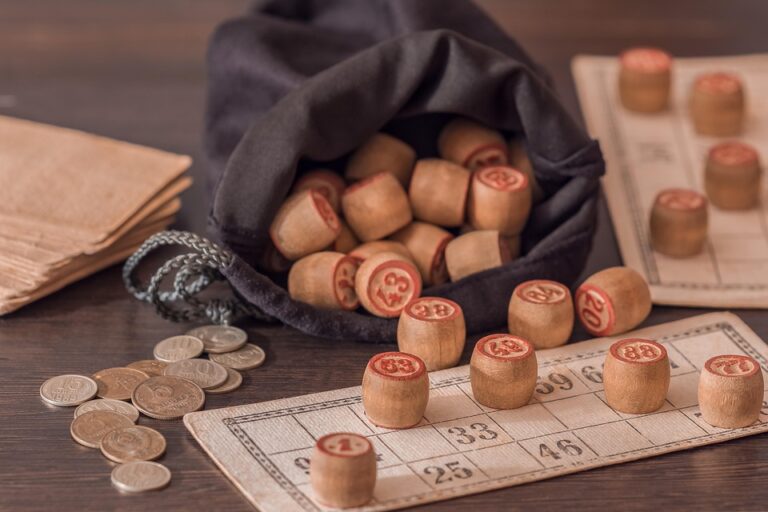Collecting Classics: Tips for Building Your Retro Game Library
In an age of rapid technological advancement, retro games continue to charm gamers and collectors alike. Building a retro game library not only allows you to relive the nostalgia of the past but also gives you a glimpse into gaming history. If you’re eager to dive into the world of classic games, here are some essential tips to help you cultivate your very own retro game collection.
Understanding the Appeal of Retro Games
The Nostalgia Factor
Retro games often evoke a sense of nostalgia, transporting players back to their childhoods or earlier gaming experiences. According to a recent study by the Entertainment Software Association, over 40% of gamers in the U.S. are adults aged 18-49, many of whom grew up playing games on systems like the NES and Sega Genesis. This demographic is one of the key drivers behind the increasing popularity of retro gaming.
Investment Potential
Retro games can also serve as a wise financial investment. Games like "Super Mario Bros." and "The Legend of Zelda" have seen their values skyrocket in recent years, with some rare titles fetching upwards of $100,000 at auction. The market for classic games is expanding, making this a fruitful venture for collectors.
Tips for Building Your Retro Game Library
1. Set a Budget
When starting your retro game collection, it’s crucial to set a budget. Retro games can range from affordable finds to rare treasures costing hundreds or even thousands of dollars. Determine how much you’re willing to spend and stick to it to avoid overspending.
2. Research and Identify What You Want
Before diving into purchasing games, spend some time researching. Familiarize yourself with classic consoles such as the Atari, Nintendo, and Sega, as well as their iconic titles. Creating a list of games you desire will help streamline your collecting efforts. Consider using online databases like PriceCharting to assess the value of specific titles.
3. Explore Different Buying Platforms
Online Marketplaces
Websites like eBay, Amazon, and Etsy offer a treasure trove of retro games. However, be cautious and check seller ratings before making a purchase. Also, consider using social media platforms and local online marketplaces like Facebook Marketplace to discover hidden gems.
Local Game Stores
Don’t overlook your local gaming shops or retro stores. Many establishments specialize in classic games and consoles. Building relationships with shop owners can lead to exclusive deals and insights about new arrivals.
Flea Markets and Garage Sales
Flea markets and garage sales can be gold mines for collectors. Not only can you find games at a fraction of their market value, but you may also discover rare titles that have not yet made it to the online marketplace.
4. Prioritize Condition and Completeness
When purchasing retro games, always consider the condition of the items. Scratches, missing manuals, or unoriginal cases can significantly decrease the value of a game. Look for complete-in-box (CIB) versions, which include the game, original case, and manuals, to enhance your collection’s worth.
5. Join Collecting Communities
Connecting with fellow collectors can enhance your experience and provide valuable insights. Join online forums, social media groups, or local gaming clubs where enthusiasts share tips, trade games, and even hold events. Websites like Reddit have dedicated subreddits, such as r/gamecollecting, where collectors share experiences and resources.
6. Stay Updated on Industry Trends
The gaming landscape is constantly evolving, and staying informed can help you make better collecting decisions. Follow gaming news outlets, forums, and YouTube channels focused on retro gaming. For instance, the average price of classic video games has risen by 600% since 2018, according to a report from Old School Gamer Magazine. Knowing these trends allows collectors to strike when the iron is hot.
Maintaining Your Retro Game Library
Organize Your Collection
Once you begin amassing games, ensure you keep them organized. Consider cataloging your titles using an Excel spreadsheet or a dedicated app. This organization will help you track what you own and what you still need, preventing duplicate purchases.
Proper Storage Solutions
To preserve the integrity of your retro games, invest in proper storage solutions. Keep games in a cool, dry place away from direct sunlight. Using protective cases or sleeves can prevent scratches and environmental damage.
Play and Share
Lastly, don’t forget the primary purpose of these games: enjoyment! While collecting is a key aspect, playing and sharing these classic titles with friends and family can enhance the experience.
Conclusion
Building a retro game library can be a fulfilling and financially rewarding pursuit. By setting a budget, exploring multiple purchasing sources, and staying informed about industry trends, you can create a collection that not only pays homage to the past but also serves as a wise investment. If you’re interested in further exploring this enthralling hobby, check out our articles on The Best Nintendo Games of All Time and Top Strategies for Game Collecting.
For more insights into retro gaming, don’t forget to visit the Vintage Game Enthusiasts and RetroGameCollector for expert advice and community support.
(Images: [Image of classic Nintendo games, alt text: Retro Games Collection] [Image of a vintage gaming console, alt text: Retro Games Console])


